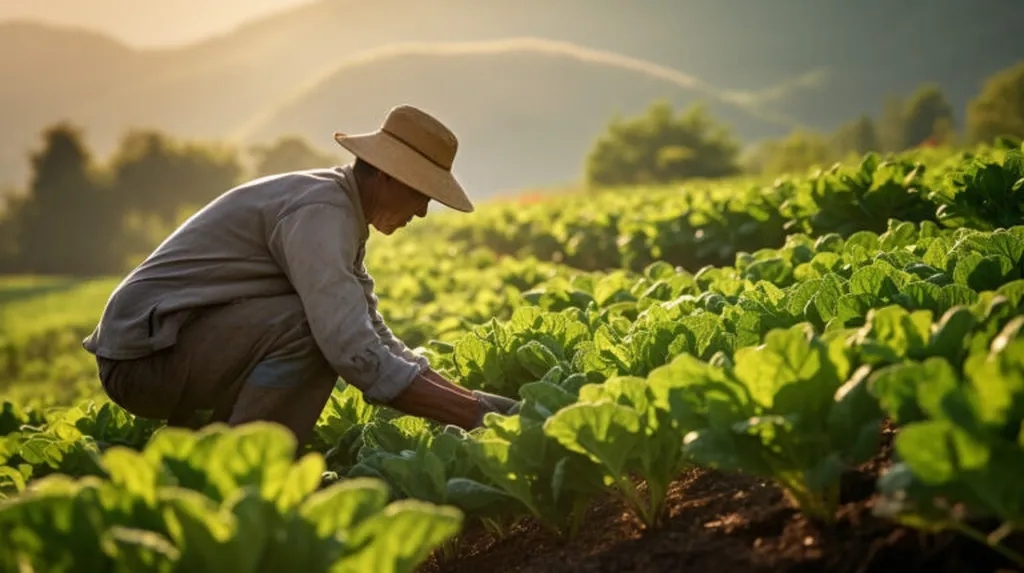In the heart of Ethiopia, a quiet revolution is brewing, one that promises to transform the lives of smallholder farmers and bolster the nation’s food security. Integrated fish farming, a practice that combines fish cultivation with other agricultural activities, is gaining traction as a sustainable and profitable venture. A comprehensive review published in the journal *Aquaculture, Fish and Fisheries* (translated from Amharic as “Fish Farming, Fish and Fisheries”) sheds light on the potential of this integrated approach, offering insights that could reshape the future of Ethiopian agriculture.
Led by Negese Kebtieneh from the Department of Fisheries and Aquatic Sciences at Bahir Dar University, the review delves into the various models of integrated fish farming, highlighting their productivity, economic value, and environmental benefits. “Integrated fish farming systems are not just about producing more food; they are about creating a sustainable cycle that enhances soil fertility, optimizes resource use, and generates income,” Kebtieneh explains.
The most common models identified in the review include fish-vegetable, fish-rice, and fish-livestock integrations. These systems leverage the nutrient-rich effluent from fishponds to fertilize crops, creating a symbiotic relationship that benefits both the fish and the plants. Species like Nile tilapia, African catfish, and common carp are particularly well-suited for these integrated systems, offering high yields and market value.
However, the path to widespread adoption is not without challenges. Kebtieneh points out that technical expertise, access to quality inputs, water management, and legislative frameworks are significant hurdles. “To overcome these challenges, we need a collaborative effort involving researchers, policymakers, and farmers,” she emphasizes. Building capacity, improving infrastructure, and establishing market connections are crucial steps in this journey.
The potential economic impacts of integrated fish farming are substantial. By enhancing productivity and income, these systems can contribute to poverty alleviation and climate resilience. The review suggests that integrated fish farming could be a game-changer for smallholder farmers, providing them with a sustainable livelihood and a reliable source of food.
As the world grapples with the challenges of climate change and food security, the insights from this review offer a beacon of hope. The findings could inspire similar initiatives in other regions, promoting sustainable agriculture and resilient food systems. The research not only highlights the immediate benefits but also paves the way for future developments in the field of aquaculture and integrated farming practices.
In the words of Kebtieneh, “The future of agriculture lies in integration and sustainability. Integrated fish farming is a step in that direction, and it holds the key to transforming lives and landscapes in Ethiopia and beyond.”

